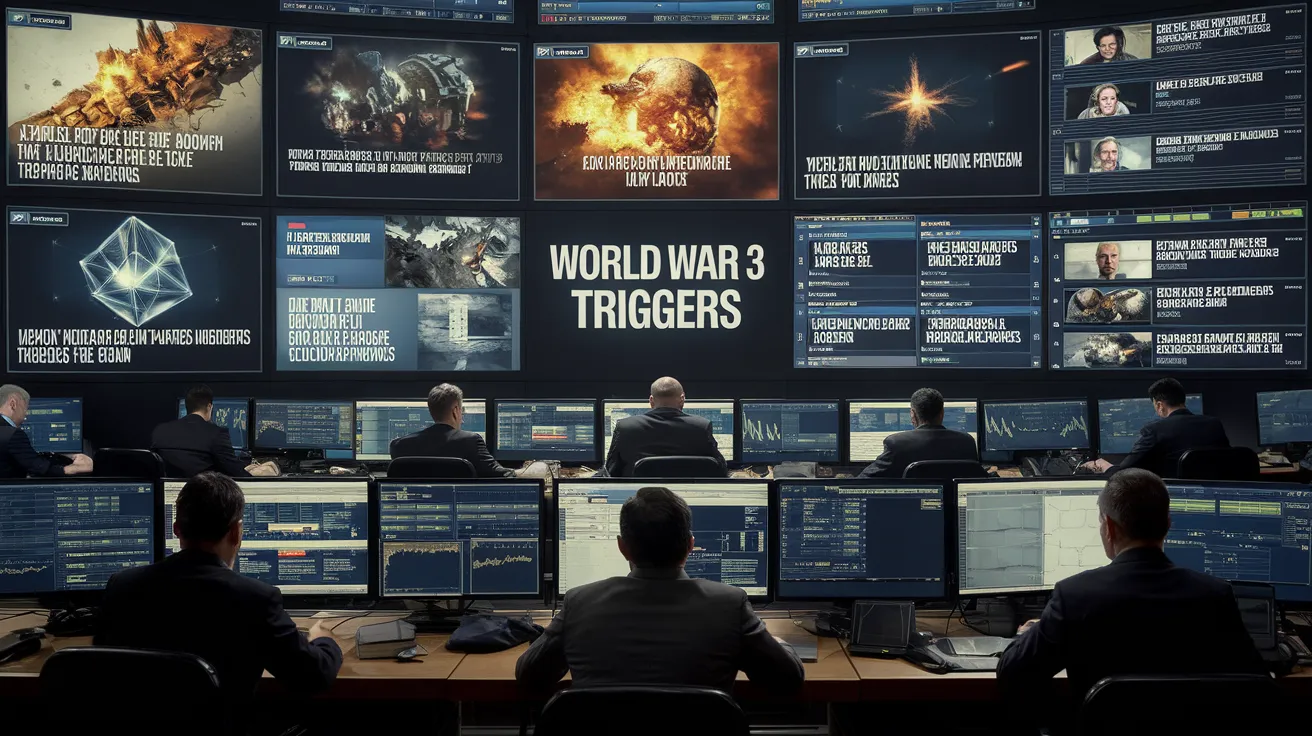AI’s Warning: World War 3 Triggers Explained

The looming threat of World War 3 remains a pressing concern in today’s geopolitical landscape, with artificial intelligence now weighing in on potential triggers for such a catastrophic event. AI assessments have pointed to three primary scenarios that could ignite a full-scale global conflict, especially in light of the escalating tensions influenced by various nations.
Artificial intelligence, particularly Google’s Gemini language model, has explored these potential flashpoints through its analytical lens. The model identifies the Korean Peninsula as a critical area of concern, where ongoing tensions could escalate significantly. Furthermore, it highlights Russian interference in global affairs and the reactions of the international community as pivotal elements that could lead to war. This perspective deviates from previous assumptions that Iran might serve as the primary catalyst for conflict.
As geopolitical tensions have risen, exemplified by hostile threats from both Russia and North Korea, the sense of urgency placed by AI on these scenarios suggests that the danger of miscalculation is very real. Following warnings from former Russian President Dmitry Medvedev regarding the risks of global conflict, Gemini cautions that the situation could escalate rapidly, drawing in allies on both sides. In the event of a conflict between the United States and China, for instance, the likelihood of Russia backing China could become a significant risk, just as a NATO-Russia confrontation could see the United States supporting NATO.
The potential for a third world war carries grave implications, with Gemini pointing to catastrophic consequences. Fatalities could reach millions, and the global economy could sustain severe damage—a view that indicates a pressing need for preventive measures against war. “The consequences of a third world war would be devastating,” the AI asserts, calling for a proactive approach in diplomatic efforts and conflict de-escalation.
While both North Korea and Russia hold nuclear capabilities, the AI also shares insight into the decision-making complexities surrounding an escalation to nuclear engagement. Various factors influence this, including the specific circumstances at play during a conflict, each nation’s perceived threats to national security, and the existing political and military leadership.
Moreover, Gemini emphasizes that any potential use of nuclear weapons would result in catastrophic outcomes for all involved. This statement underscores the necessity to prioritize diplomacy as a vital tool for ensuring peace and avoiding the dire consequences that would accompany any form of nuclear conflict.
With the possibility of conflict resonating through the international arena, the caution from AI serves as a reminder of the fragility of current global stability. Preventative measures, constructive dialogue, and collaborative efforts must remain at the forefront to navigate these dangerous waters and avoid the devastation of a third world war.